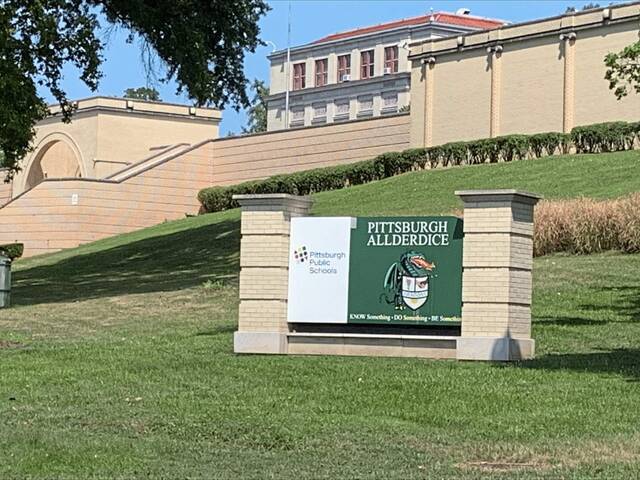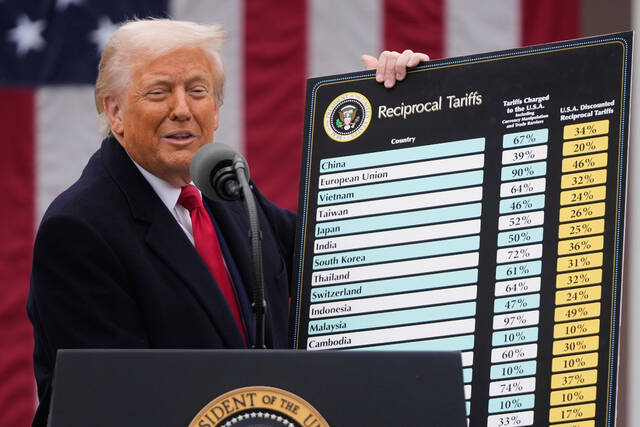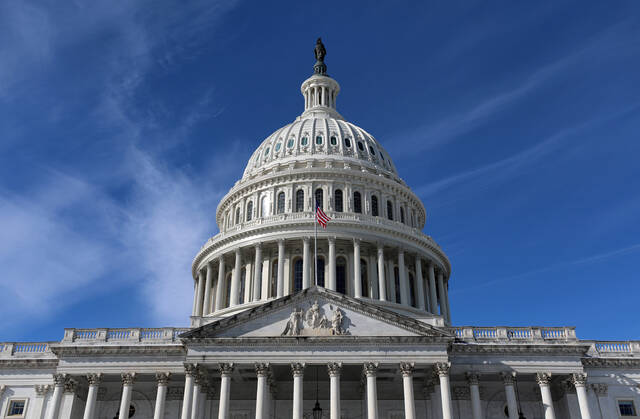As we look to the future of our city, we all have a responsibility to ask, “how are the children”? Data from 2023-24 shows challenges in our schools:
• Few complete post-secondary education: 343 out of 1,614 Pittsburgh Public Schools freshmen in 2014 finished college or trade school by 2024.
• Reading proficiency: 562 out of 1,201 third-graders are reading proficiently.
• Access to advanced courses: Some high schools have over 20 AP courses while others have less than 5.
• Accessibility and usability of schools: Eight schools were not fully wheelchair accessible and 37 had no air conditioning.
Why change is needed
Our current system isn’t designed to meet all students’ needs. As enrollment continues to decline and buildings get older, PPS has to prioritize resources in a way that gets more kids access to the opportunities and programs that will help them succeed.
Some worry about losing schools in their neighborhood, and I understand those concerns deeply, especially in school communities that are beating the odds. But there are many schools where underenrollment has meant fewer supports, high turnover in leadership and higher rates of student chronic absence. The Future-Ready plan aims to create socioeconomically diverse schools that span multiple neighborhoods with age appropriate supports and a simpler set of school pathways.
In the 2023-24 school year, 23% of our middle school students were proficient in math, and just 10% of sixth- through eighth-graders took algebra. Under the proposed plan, every eighth-grader in Pittsburgh would have access to algebra. Some of PPS’ smaller schools lack the enrollment to support comprehensive math offerings, leaving students unprepared for advanced coursework in high school. This isn’t just about one subject — it’s about opening doors to STEM careers and college readiness that determine a student’s lifelong success.
Our current segregated school system leads to inequality: 66% of Black students and 52% of Latino students attend schools where more than 75% of students are economically disadvantaged, while only 31% of white students do. These highly segregated schools often have lower enrollments, offer fewer courses and are less able to fundraise from parents or their surrounding communities.
The district has committed to supporting affected communities through this transition and to adjusting the proposed plan based on community feedback. These efforts must include improving communication, management, and training so the promises made in the plan become reality. City leaders can help by collaborating with PPS as their joint leadership will be critical when selling buildings to align with community goals. These are daunting challenges. But just because it will be hard, does not mean we should delay.
Every student deserves equal access to opportunities: All of Pittsburgh’s students deserve algebra in eighth grade. They all deserve air-conditioned schools, comprehensive arts programming and schools large enough to offer the breadth of opportunities they need to succeed. And they deserve a community that is invested in them and making continuous improvements for their education, because in communities where children thrive, everyone shows up to help them succeed. Every kid. Every school. Every day.
James Fogarty is executive director of A+ Schools, a nonprofit organization working to help every student succeed in every school every day in Pittsburgh.








